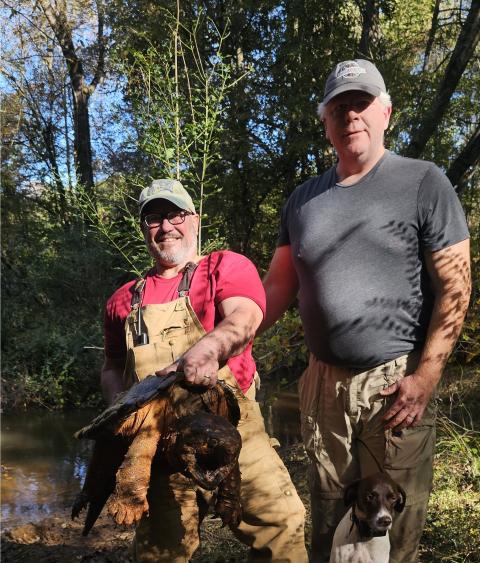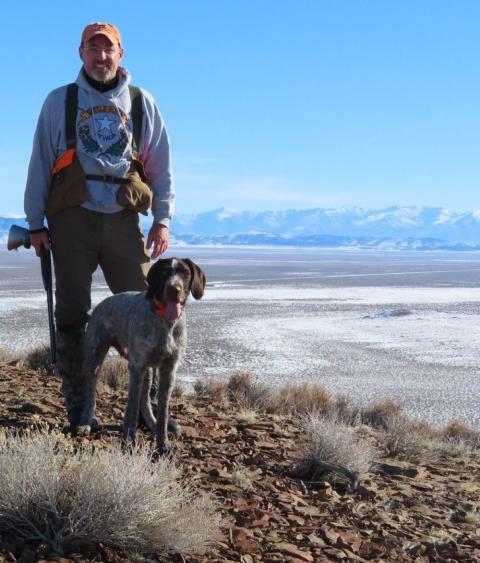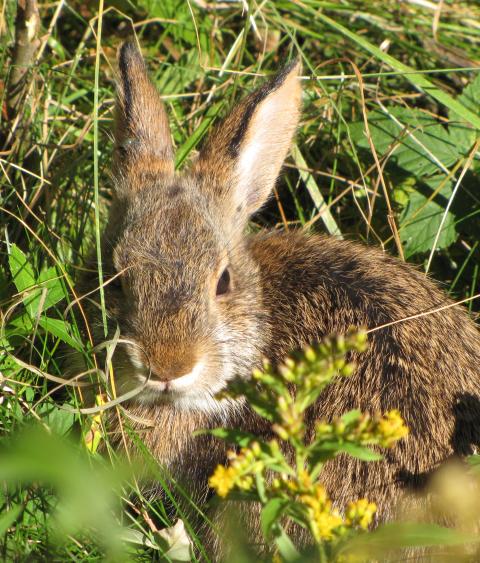Conservation Brief
FWS, States Form Landscape Conservation Task Force
During the Association of Fish and Wildlife Agencies’ (AFWA) Executive Committee meeting on December 6, the U.S. Fish and Wildlife Service (FWS) and states signed an agreement to establish a Task Force to evaluate collaborative landscape conservation efforts. The Charter for the Task Force outlines the overall goal “to provide guidance to, and facilitate coordinated implementation of, programs and policies affecting landscape conservation.” The Task Force will include five members from the AFWA Executive Committee and five FWS senior executives and will be chaired by the President of AFWA, currently Tony Wasley of the Nevada Department of Wildlife, and the Director (or Acting Director) of the FWS.
“Collaborating with state partners is a hallmark of the U.S. Fish and Wildlife Service’s mission, and today’s announcement of a new Task Force will further strengthen this already solid relationship,” said Shannon Estenoz, Department of the Interior’s Assistant Secretary for Fish and Wildlife and Parks. “The Task Force’s work will also complement the goals of the proposed Recovering America’s Wildlife Act, which would help address the biodiversity crisis and provide tools to further collaborative conservation. We are committed to working with states, Tribes, Congress and all stakeholders to conserve the full diversity of wildlife that is essential to supporting America’s economy and well-being.”
According to the charter: “The Task Force will develop consistent regional approaches across the country where helpful, identify challenges, remove barriers to working across jurisdictions effectively on shared priorities, and provide a durable and unified approach for working together and with other partners to meet the needs of fish and wildlife conservation at landscape scales. Coordination at the national level is intended to support the evolving collaborative landscape conservation constructs in each of the regional associations of fish and wildlife agencies as they tackle related issues and opportunities.”



